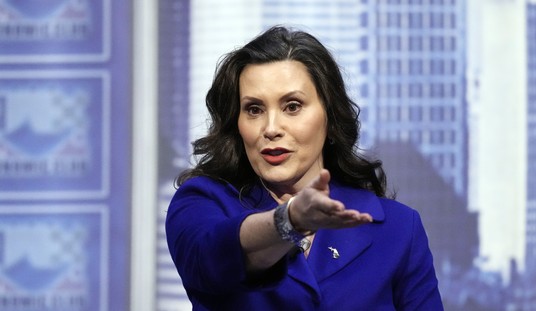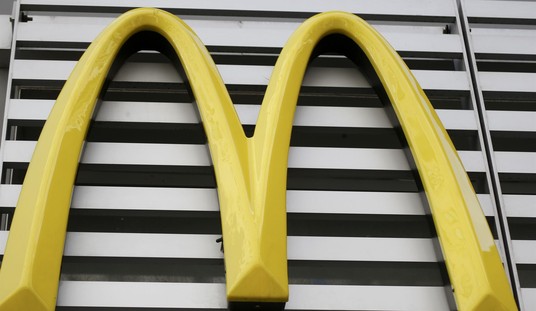This week, Donald Trump asked an interesting question about trade.
“These dummies say, ‘Oh, that’s a trade war.’ Trade war? We’re losing $500 billion in trade with China. Who the hell cares if there’s a trade war?”
It’s a populist-rallying rhetorical question designed to get average Americans nodding their head and screaming, “America first!” It’s also arguably the most dangerous idea that Trump has floated during his bobbing and weaving Presidential campaign.
Here’s the quick answer to his question: EVERY American will care if there’s a trade war, Mr. Trump.
Here’s the longer answer. America rose in prominence in the 20th century based upon three things: rich natural resources, manufacturing innovation, and aggressive trade policies. We have transcended the ancient concept of fair trade to the point that we’re no longer the primary producers but rather the primary consumers. Our status of having the world reserve currency and the favorable status of the “petrodollar” combined with our free market economic system has made us the central player for everything that has to do with world finance.
Under Trump’s ideology, this would change. Let’s look at a real-world example based upon one of his proposals. He wants to have iPhones built in the United States and people cheer. What they won’t cheer about is when the end result is a few thousand more jobs. That’s good, right? Not when that raises the price of the iPhone well north of $1000. Thousands of new jobs will be created, but millions of Americans will be negatively affected by it.
There’s a reason that companies are going overseas to produce. It’s cheaper. Much cheaper. A month’s wage of workers in some countries wouldn’t buy a day’s worth of food for an average American family. By bringing those jobs back through an obtuse trade war with tariffs and poor trade agreements, Trump will be unraveling the fabric of the free market system that has helped to make us strong.
That’s not to say that the system is working. A look at our national debt gives us a clear view that fiscally speaking Washington DC is destroying us from within, but the national debt is only anecdotally affected by the trade deficit. Trump uses big numbers and unrelated components to speak to an ill-informed audience of voters to solidify his standing without offering real solutions to anything. The answer isn’t simple, but it can be easily encapsulated within the general notion of smaller government. Lower taxes, elimination of frivolous government spending (which is a huge chunk of it), entitlement reform, and loosening of regulations that hamper a free market economy are the types of changes that would be required to lift us out of the dumps and prevent the bubble from bursting (which it could do at any moment).
Free trade works because it reduces costs for both American businesses as well as American consumers. When the government starts going down the Trump/Sanders economic road, we’re looking at consequences that would crush business and hurt Americans. Trump’s plans will hurt every American while bringing back a handful of jobs. Those job gains would be temporary. When the economy plunges as a result of Trump’s liberal economic posture, thousands of business and millions of Americans will go under.














Join the conversation as a VIP Member